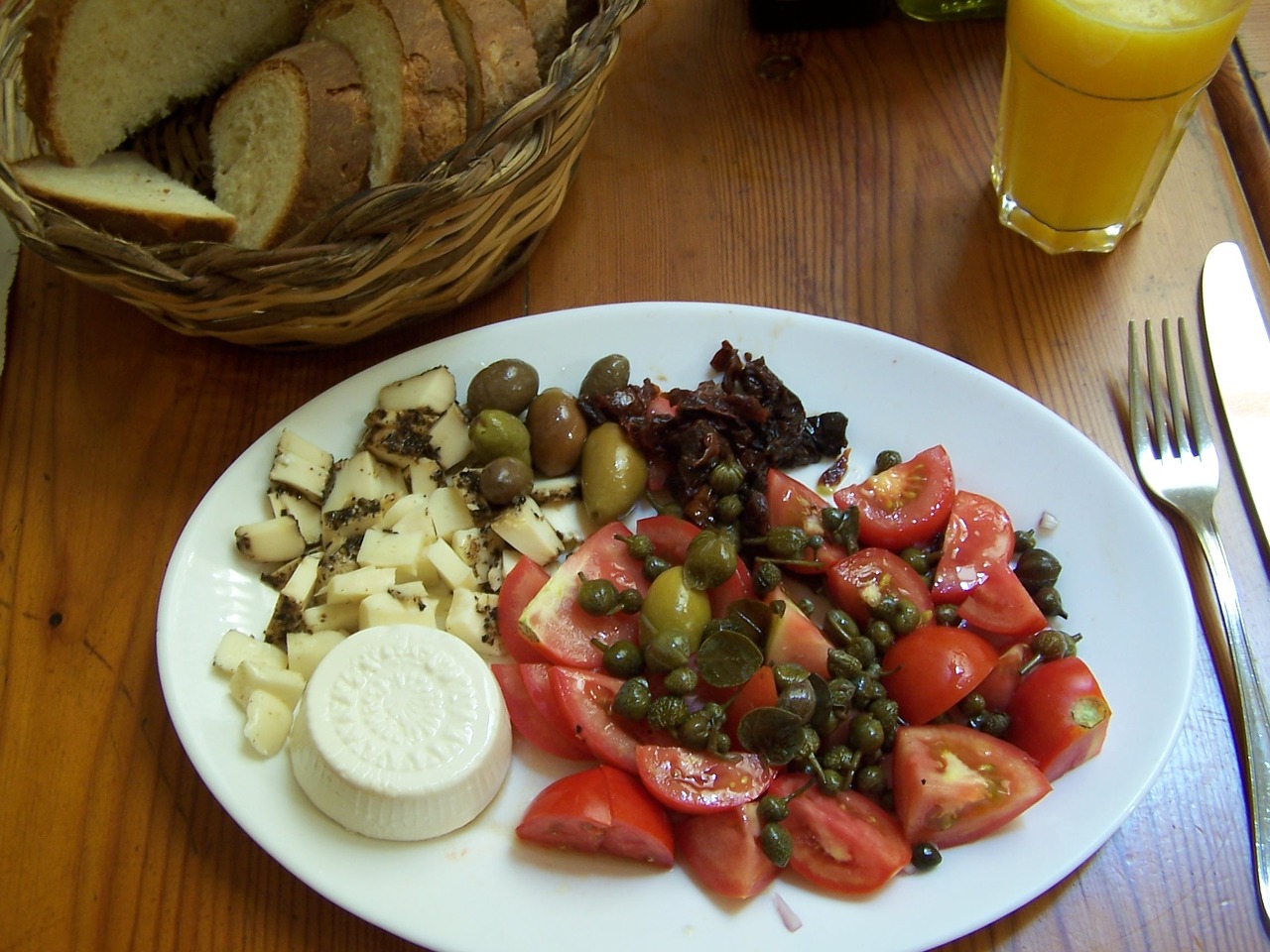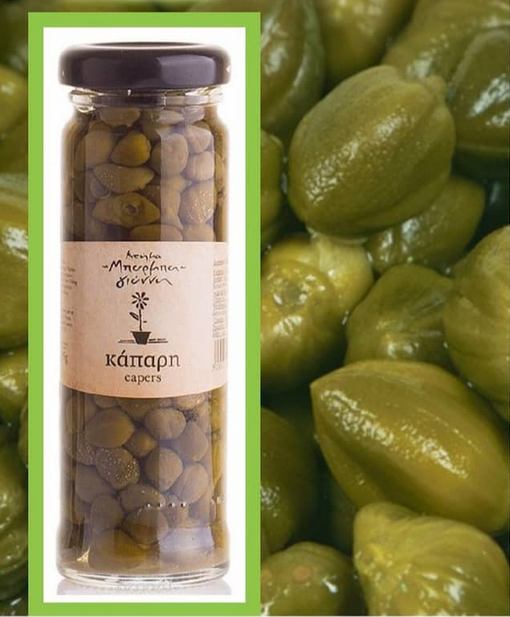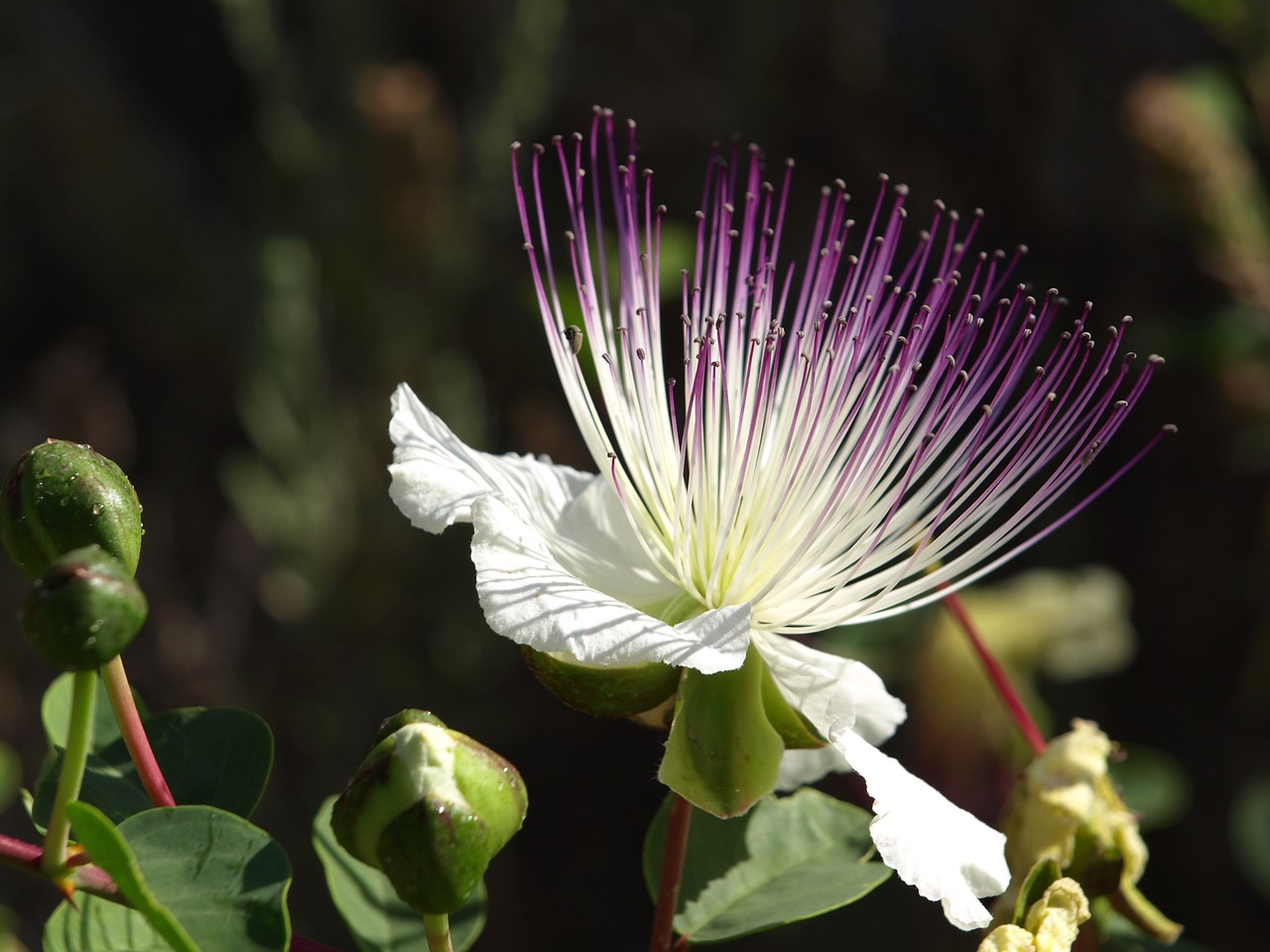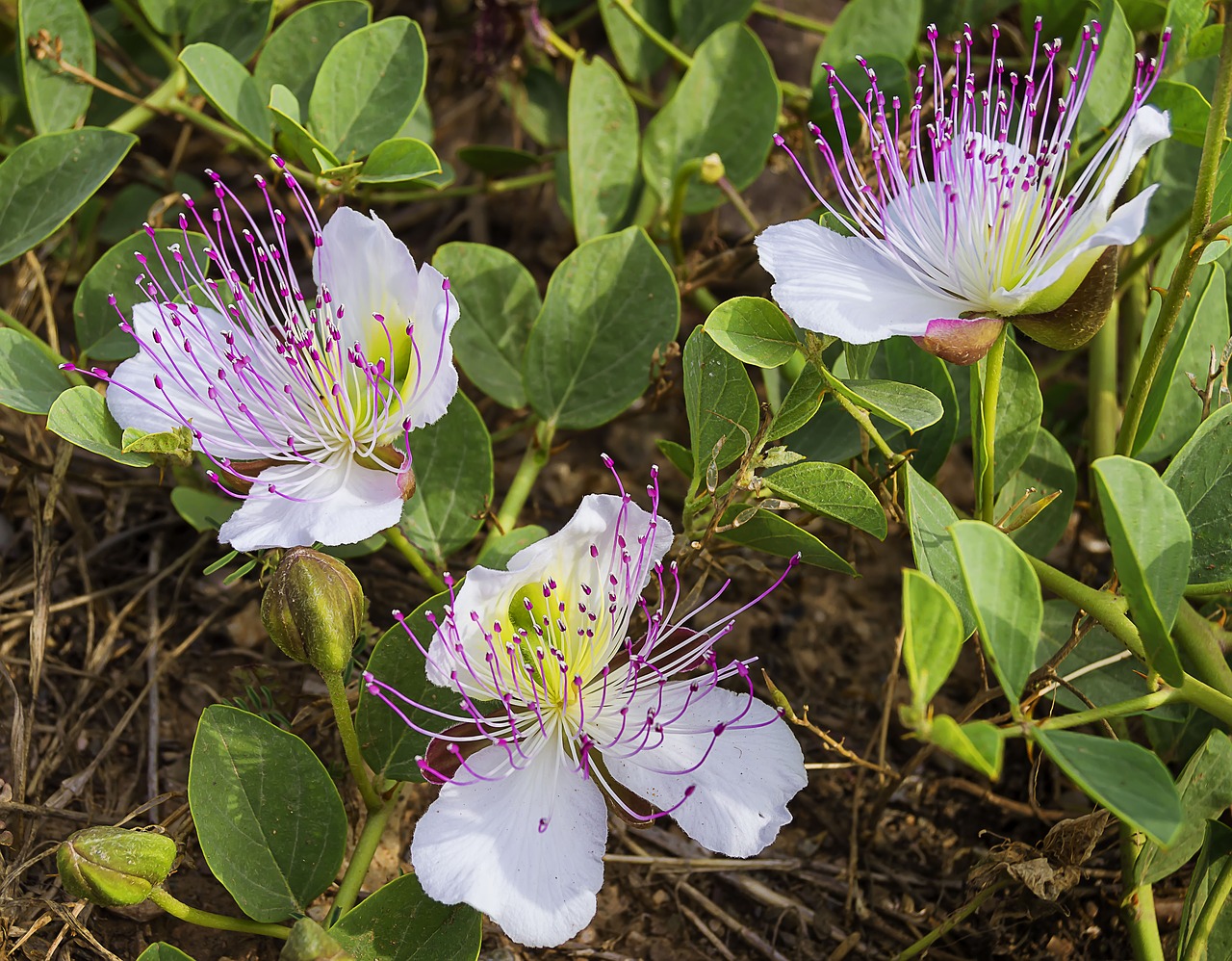Wonderful capers


Surely, for the New Year’s table, someone of the Grecophiles made his Olivier salad not with the usual pickles but with capers according to the recipe of its inventor, Lucien Olivier, or maybe he added wonderful capers to the Greek salad instead of olives, which is not quite usual for Russians.

A Mediterranean diet is unthinkable without capers—the unblown buds of the Capparis spinosa bush. Even the ancient Greeks recognized and revered this plant as useful and healing. They not only salted and pickled buds and fruits as seasoning but also dried its roots using also leaves and stems. Until now the Greek cuisine uses always capers with meat and fish, in salads and meze. Their leaves are sometimes used even as a leaven when producing cheese. Why it is so often?

It is because capers add flavor to the main course and are rich in nutrients.
The plant is a storehouse of proteins, fiber and minerals. They are high in vitamins C and P (rutin): white spots on pickled capers are results of rutin secretion. The latter strengthens the blood vessel walls, preventing hemorrhages and even sclerosis. They relive headaches, improve appetite and are considered to have aphrodisiacal powers. Capers are the champion in quercetin content, which noticeably improves skin condition and relieves inflammation. In addition, they maintain the normal structure of DNA protecting against cancer. Capers are good for allergy sufferers; and their essential oils have a beneficial effect on hair and skin. Therefore, culinary specialists, doctors and cosmetologists are grateful to them: this plant feeds, heals and … beautifies.

How fascinating is its blooming! Flowers bloom only in the evening. They are fragile, looking alien and similar to orchids. Each of them survives only until the middle of the next day, but there are so many buds, so the bush is strewn with flowers all summer; and the bees are always there: it is a honey plant. If the bud is not picked, over time, the flower will turn into a fruit rich in vitamins and iodine with a sweetish taste. The fruits are also pickled and were used as a sweetener earlier.
Capers grow in Greece and on the island of Crete almost everywhere—from gardens to wild gorges: sometimes right in the crevices of the walls, and on the rocks. The fact is that the bush is amazingly hardly: it can withstand heat at 40 degrees and reaches moisture from a depth of up to 20 meters!

Capers are usually harvested in the early morning. This manual work is difficult: the thorns on the bushes make it necessary to be cautious. So, when you see a jar of capers in the store, do not be surprised at its price: it is justified.